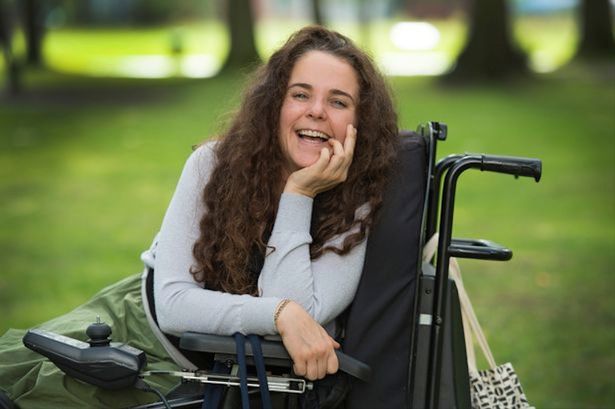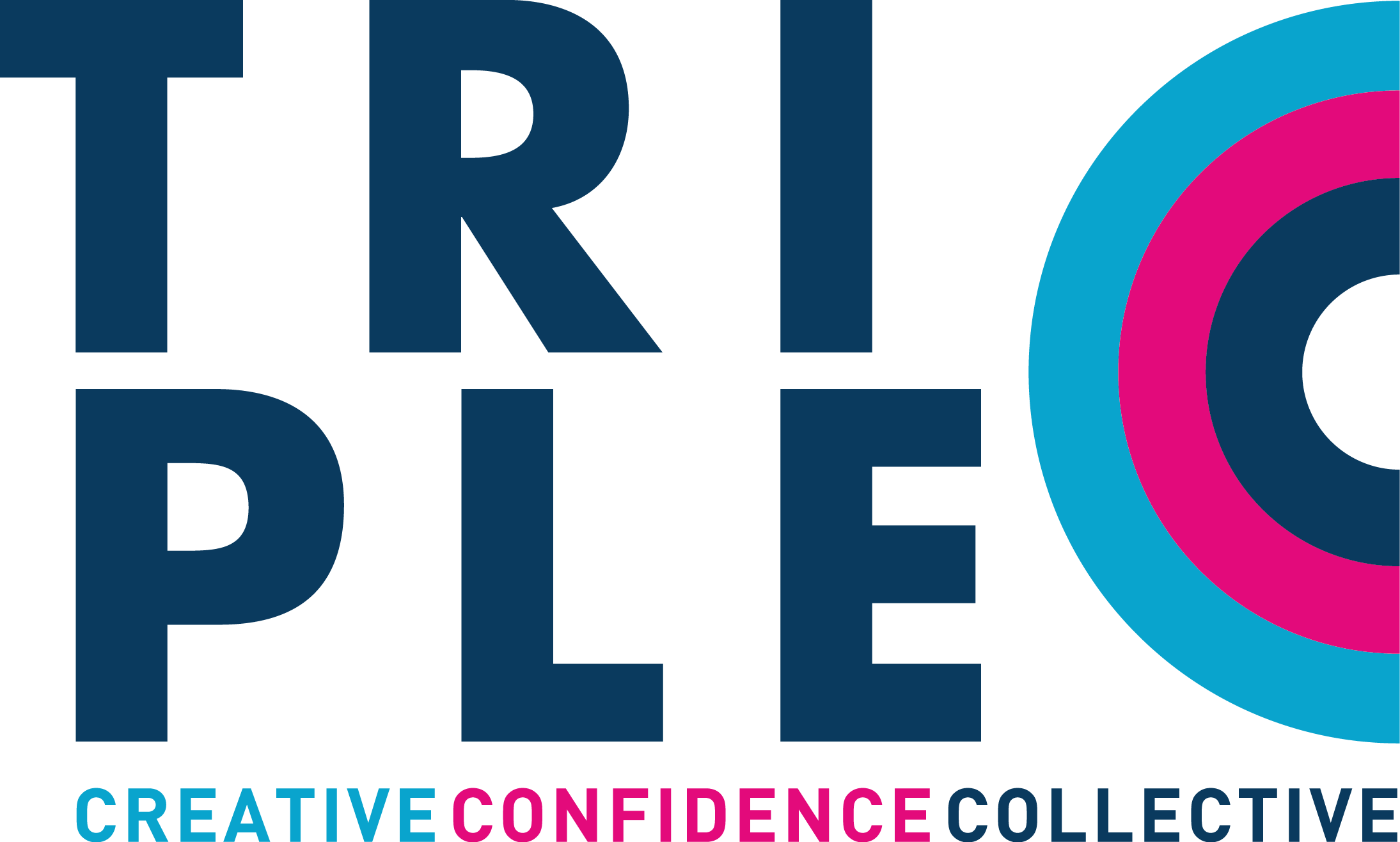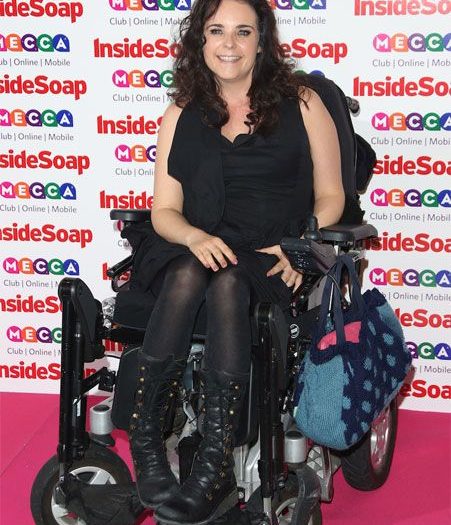Triple C (creative, confidence, collective) is a collective of disabled and non-disabled creatives, focused on changing access to the arts for children/young people & adults with disabilities and working towards better representation of artists/performers with disabilities in the industry. Triple C run drama-based workshops for children, teens and adults with disabilities, we create links between organisations to strengthen access and awareness of disabilities and provide networking events for artists with disabilities.
Triple C was created by Coronation Street actor Cherylee Houston (Izzy Armstrong) and co-founded by Melissa Johns (who played Imogen Pascoe in Coronation Street) who is the organisation’s Workshop leader. They are joined by Ged Mulherin (Actor and Workshop Leader), Lydia Mulherin (Project Co-ordinator), Monique Jarrett (Project Facilitator) and Jenny Scott (Access Advisor).

Cherylee Houston
 Melissa John
Melissa John
They are proud to be a company made up of both disabled and non-disabled members. They have always felt that integration is key and having no segregation will help make changes a lot faster as well as enriching developments along the way.

Triple C was created as a collection of creatives both with and without disabilities working in the industry and having worked in it for many years. Because of that they have a rich insight into the barriers that currently block people with disabilities accessing the arts. As workshop leaders (a combined total of nearly 30 years running drama workshops), they have seen first-hand the incredible impact that drama sessions can have on individuals of all ages with disabilities. These skills and experiences have allowed them to see exactly where the gaps are when it comes to inclusivity and representation of disability in arts.
 Melissa Johns completed the Great Manchester run on behalf of Triple C
Melissa Johns completed the Great Manchester run on behalf of Triple C
Over the years the founders have come to realise the problems. They acknowledge that there isn’t one solution that will break down the barriers – and it isn’t just one person’s responsibility. There are solutions that need to be in place at various levels and to highlight that this change will happen as it becomes everyone’s responsibility.
The founders came forward to form Triple C so that they could develop several different projects that would target different blocks that are currently faced.
How is Triple C funded?
Lots or their funding comes from personal fundraising events. Last year, Triple C got electric wheelchair users into the Manchester 10k run for the first time. They were given their own wave and had more that 25 people running for them. The money that they raised from the run was put directly into a pilot scheme of drama workshops at a SEN school in Manchester. They were recently given a small grant from The Arts Council that provides them with funds towards helping cover some admin and facilitating for their projects as well as how to apply for more funds so that they can aim to become self sufficient.

